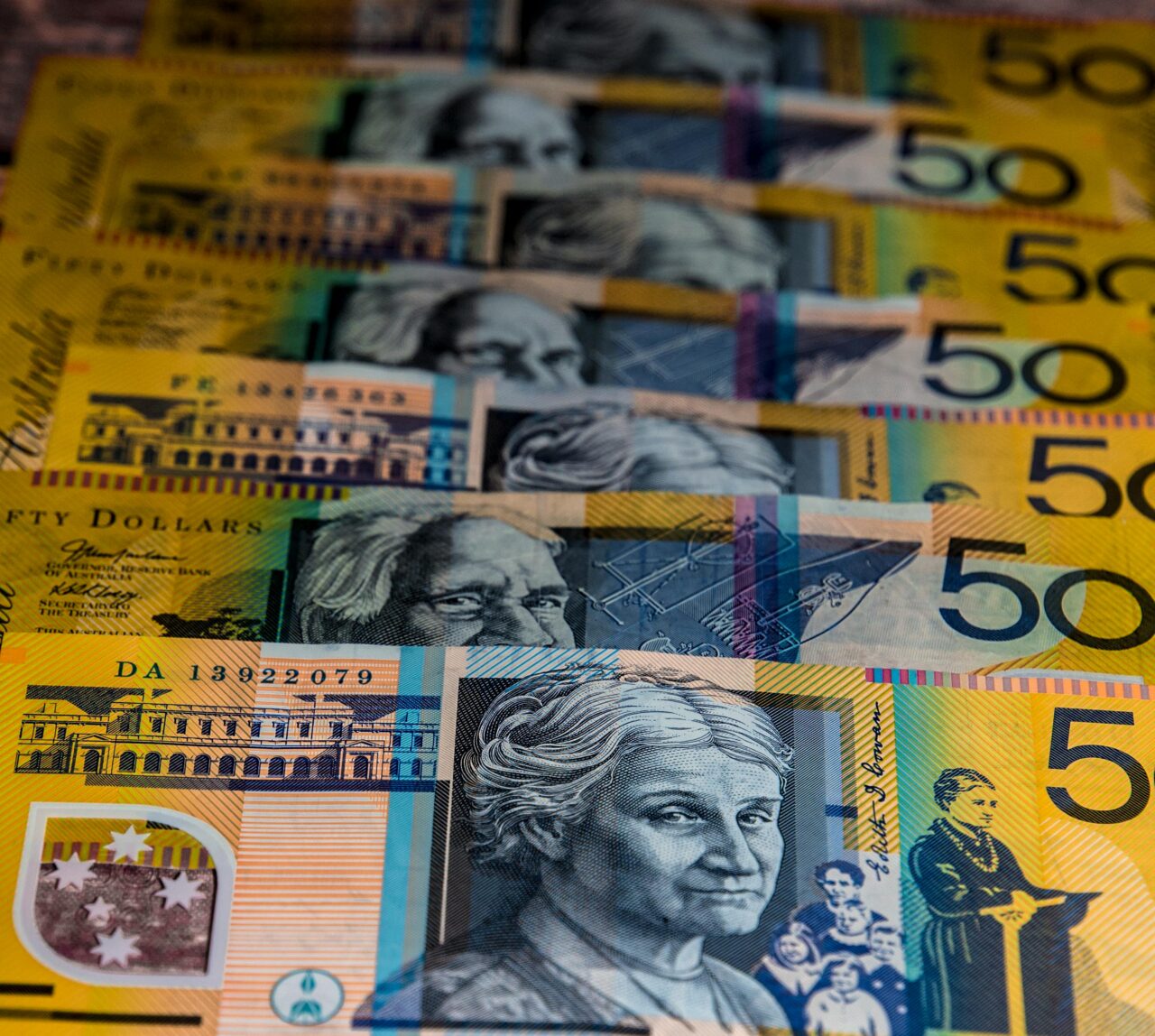In a step that has really triggered tremendous controversy, the government of Australia has reaffirmed its commitment not to include gambling businesses in the country’s Research and Development Tax Incentives scheme.
The proposal, which will commence on 1 July 2025, is intended to ensure that public funds are not spent on businesses connected with addiction and harm in society. The choice has been criticized by stakeholders in the sector who believe it has the potential to inhibit innovation and economic growth.
Government Rationale for Exclusion
The R&D Tax Incentive has really been designed to spur businesses to spend money on research and development in return for tax offsets.
The government has since deemed that gambling and tobacco activities will no longer qualify for these offsets. Treasurer Jim Chalmers pressed that it is not right that taxpayer funds are subsidising those industries that can contribute to addiction and related harm.
The government estimates that this measure will add AU$12 million in receipts and reduce payments by AU$8 million over five years from 2023-24. Activities deemed specifically for harm reduction purposes, including lowering addiction, would still qualify for funding.
Industry’s Response and Concerns
The announcement has been opposed firmly by industry associations. Responsible Wagering Australia, speaking for large operators, contends that it sets a bad precedent.
RWA CEO Kai Cantwell complained that tax is being employed as an instrument of moral judgment instead of one of economic progress. He cautioned that other sectors would be threatened if taxation were a bargaining chip in political deals.
Cantwell also underlined the economic implications, pointing out that the online betting sector generates 80,000 jobs and more than AU$2 billion in tax and levies annually.
Cantwell underlined that the R&D framework must promote investment in Australia and that failure would risk sending R&D jobs overseas to nations with more favorable incentives.
Financial Implications and Industry Impact
Australian Tax Office data showed that gaming companies claimed almost AU$90 million in R&D tax credits in 2021-22. Recipients of particular note were Tabcorp (AU$39.5 million), Aristocrat (AU$22.2 million) and Ainsworth Game Technology (AU$15 million).
As possibly reported by the site Zamsino.Casino and others, excluding gaming businesses from the R&D Tax Incentive, have been part of an effort to meet Australia’s federal budget shortfall of AU$27 billion and growing national debt level of AU$1 trillion by 2025–26.
Restrictive qualification for R&D tax offsets has been viewed as a means of acting responsibly on behalf of taxpayers’ funds and ensuring these are spent on projects that have tangible benefits for society.
Demand for Government Reconsideration
Leaders in the gaming industry are calling for a reversal of their decision. The Gaming Technologies Association, representing poker machine makers, described the choice as disappointing. It said it would impact Australian companies that have previously invested significantly in local research and development and created employment.
GTA CEO Jinesh Patel underscored that the R&D Tax Incentive scheme was designed to stimulate businesses in Australia to spend R&D dollars locally to secure jobs and retain an R&D skill base. Patel contended that the gaming sector has achieved these benefits as planned under the policy.
Broader Implications for Tax Policy
The exclusion of the gaming industry from the R&D Tax Incentive has precipitated an even broader discussion on tax neutrality. Tax professionals have criticized tax policymaking based on moral judgment of particular industries as undermining the principle of sector neutrality.
They warn that it would bring uncertainty for businesses and disincentives for investment in innovation. A tax system that selects between winners and losers based on social value judgments, they say, can become incoherent and politicized and hence lose its credibility and long-run viability.
This deviation from neutrality injects uncertainty into business decision-making. If selectively rewarding or punishing industries becomes an element of the tax code, businesses might not engage in R&D for fear of subsequent exclusion or reversal by policymakers.
This would affect Australia’s competitiveness for technology investment and high-value jobs. Other industries with challenging reputational profiles closely observe the events, fearing that similar logic would extend to industries involving them.
Economists are deeply split on whether a public interest screen for the R&D Tax Incentive would be beneficial. Some argue that it is appropriate to ensure that tax dollars are not being spent on subsidizing industries that would otherwise harm society.
To exclude industries such as gambling or tobacco seems a reasonable extension of prudent public finance from this point of view. Other economists are alarmed at what they see as a possibility that it would lessen the effectiveness of the incentive and discourage legitimate R&D activity.
The argument goes that as soon as ethical or political opinion comes into play in tax policymaking, the neutrality of economic planning is lost and the innovation that the incentive seeks to encourage is stifled.
Future Outlook
As the looming implementation deadline in July 2025 draws near, the gaming sector continues to call for a change in the decision. Stakeholders point out that cooperation between the government and the industry is key in formulating policies that promote innovation and address issues of societal interest.
The outcome of this debate has profound implications for the gambling industry and Australia as a whole, as it relates to the balance of economic growth versus social responsibility in taxation.


